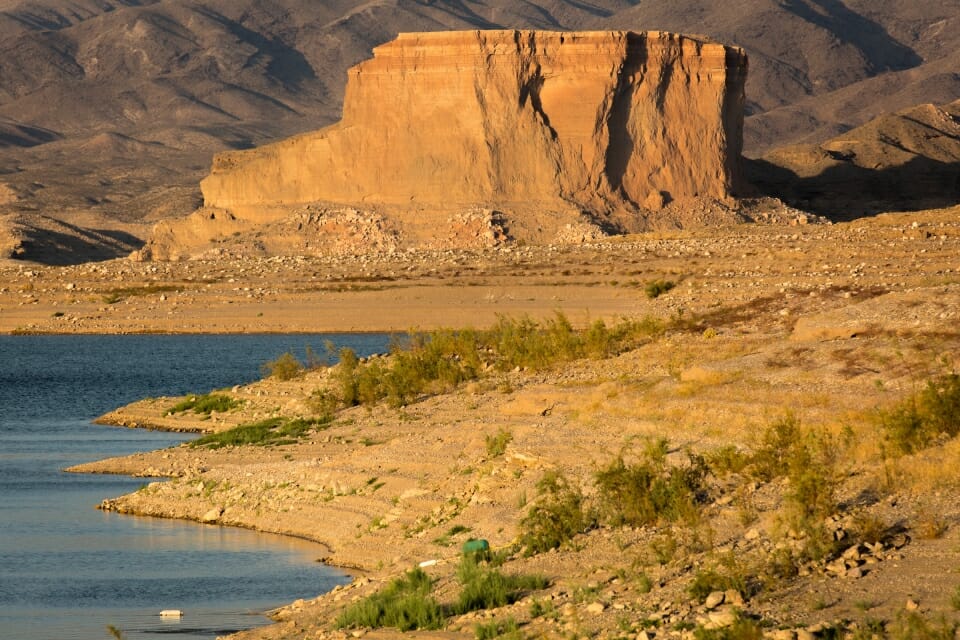Water is an essential resource for the sustainability of any community. But water is even more precious in the Valley of the Sun, and the supply is not infinite. We must all work together to do our part to conserve water so that future generations can enjoy the desert lifestyle that so many of us cherish.
READ ALSO: Analysis: Arizona boasts strong record on water management
READ ALSO: Some fast facts to know about the Arizona water supply
Overallocation and climate change have created a water shortage on the Colorado River, prompting Phoenix to declare a Stage 1 Water Alert and activate its Drought Management Plan for the first time in 20 years. These steps are the first in a series of measures designed to protect water resources when there is a disruption.

Over the decades, Phoenix developed a robust and diverse water resource portfolio with multiple sources and contingency supplies to provide our customers with safe, affordable, and reliable water. While the current Colorado River shortage is a concern, it is also an opportunity. It is an opportunity to refocus on how we use water in the desert.
There are many things each of us can do to reduce our water use. Removing nonfunctional (decorative only) turf, replacing high-water-use landscapes with desert landscaping, and installing efficient outdoor watering systems are the most effective methods that residents and businesses can use to save water. Water-efficient appliances, low-flow toilets, and fixtures are also essential conservation tools, and the City will soon launch programs that help people to make these substantial changes. Phoenix is also working to promote water-saving technology for cooling systems in large buildings.
In Phoenix, we will continue to invest in infrastructure projects that provide resiliency, such as underground water storage and piping. An important example is the new Drought Pipeline, which provides additional flexibility to move water across the City.
In addition, earlier this year, we agreed to participate in the 500+ Plan by foregoing part of our Colorado River water allotment with the goal of adding 500,000 acre-feet of additional water to Lake Mead each year through 2026. We will also explore innovative ways to reduce the impact of climate change on our water resources, including the construction of advanced water treatment of recycled water for use in homes and businesses.
Phoenix is committed to exploring the development of additional renewable surface water supplies. The supplies will be a significant addition to our water resiliency; yet it is important to understand that the cost to acquire, treat, and deliver these water supplies will be significant.
As part of our ongoing effort to keep the public informed about how reduced allocations of Colorado River water are impacting the City of Phoenix, Phoenix Water staff are hosting a series of town hall meetings open to the public – learn more at phoenix.gov/drought. This town hall series provides our customers with information about the Colorado River shortage and how it pertains to the City of Phoenix. The presenters discuss the Stage 1 Water Alert and Drought Management Plan. They also focus on how the City manages its diverse and robust water supplies, new infrastructure investments, and other strategies in development to prepare for a hotter, drier climate. In addition, attendees can ask questions about water conservation efforts and how Phoenix is positioning itself for a sustainable future with less Colorado River water.
The Valley is one of the fastest-growing metro areas in the country, and we expect this region will attract people and businesses for many years. Because of historic water conservation efforts, we can continue sustainable growth. Still, we must work together to overcome this Colorado River problem. That will require us to see water differently – not as an abundant resource – but as an essential part of our thriving desert metropolis that we must manage, protect, and conserve.
Author: Troy Hayes, P.E., is Phoenix Water Services director.




